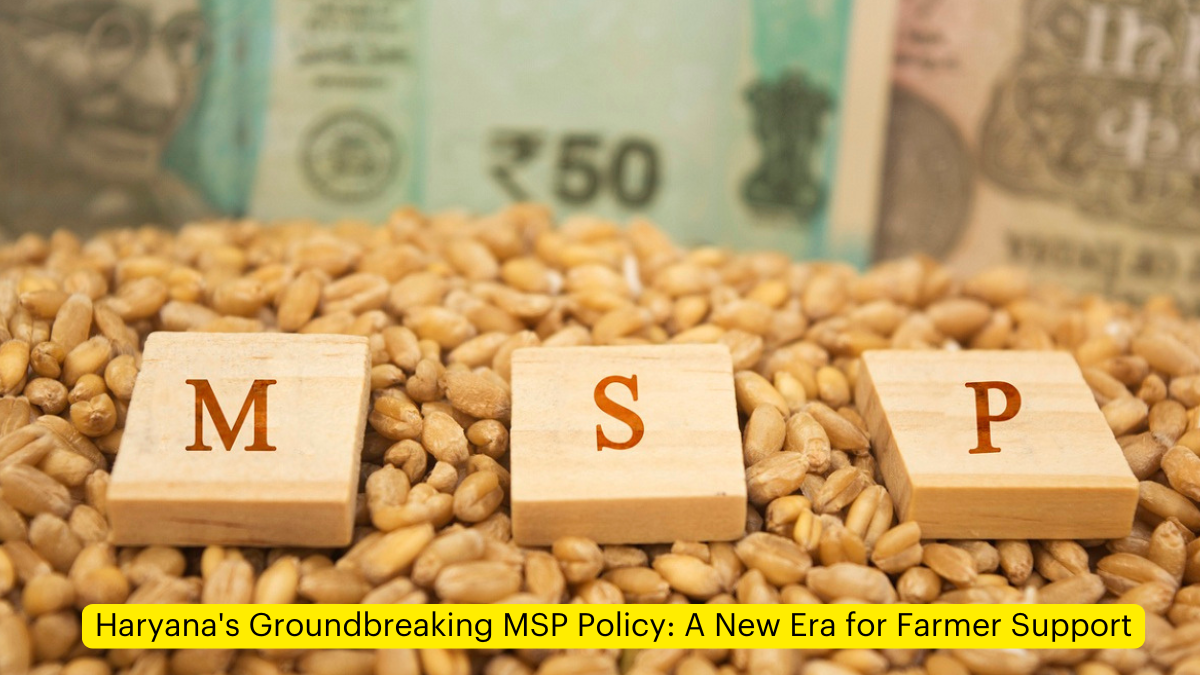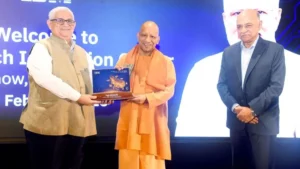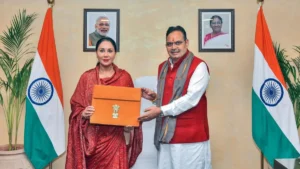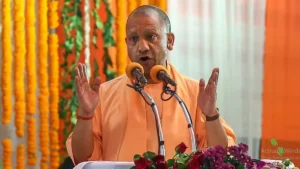On August 4, 2024, Haryana Chief Minister Nayab Singh Saini made a historic announcement that could reshape agricultural policy in India. The state government declared its intention to purchase all crops at the Minimum Support Price (MSP), making Haryana the first state in the country to implement such a comprehensive MSP policy. This bold move comes at a crucial time, just ahead of the upcoming Assembly elections, and is seen as a strategic effort to regain political ground following the ruling party’s disappointing performance in the recent Lok Sabha elections.
The Comprehensive MSP Policy
Expanding Crop Coverage
The cornerstone of Haryana’s new agricultural policy is the expansion of MSP coverage to all crops. Previously, only 14 crops were covered under the MSP scheme. Chief Minister Saini’s announcement adds nine additional crops to this list, ensuring that farmers growing a wider variety of produce will benefit from the price protection offered by MSP.
This comprehensive approach aims to provide a safety net for farmers across various agricultural sectors, potentially encouraging crop diversification and reducing the risks associated with market price fluctuations.
Impact on Farmers and Agriculture
The all-crops MSP procurement policy is expected to have far-reaching effects:
- Income Stability: Farmers can now expect a guaranteed minimum price for their produce, regardless of market conditions.
- Crop Diversification: With MSP coverage for more crops, farmers may be encouraged to experiment with different crops, potentially leading to more sustainable and varied agricultural practices.
- Market Dynamics: The policy could influence market prices and potentially alter supply-demand relationships in the agricultural sector.
Additional Farmer-Centric Measures
Irrigation Charge Waiver
In a move to alleviate financial burdens on farmers, the Chief Minister announced the waiver of Rs 133 crore in outstanding canal water irrigation charges. This decision is expected to result in annual savings of approximately Rs 54 crore for the farming community.
The irrigation charge waiver serves multiple purposes:
- Immediate financial relief for farmers
- Encouragement of proper irrigation practices
- Potential increase in agricultural productivity
Expedited Compensation Payments
Addressing another pressing concern, Saini committed to rapidly disbursing Rs 137 crore in pending compensation to farmers affected by natural disasters. The government has promised to process these payments within a week, demonstrating a commitment to swift action in times of agricultural crisis.
This measure aims to:
- Provide timely support to farmers facing losses
- Enhance resilience in the agricultural sector
- Build trust between the farming community and the government
Expanded Motor Purchase Options
In a move towards greater flexibility and farmer empowerment, the government announced that farmers would now be able to purchase three-star motors for their tube-wells from any registered company in India. This policy change offers several benefits:
- Increased choice for farmers
- Potential for cost savings through market competition
- Improved access to modern, efficient equipment
Political Context and Implications
BJP’s Strategic Moves
These announcements come at a critical juncture for the Bharatiya Janata Party (BJP) in Haryana. The party has seen a decline in its vote share, dropping from 58% in 2019 to 46% in 2024. In contrast, the Congress party has gained ground, winning five Lok Sabha seats and increasing its vote share.
The comprehensive MSP policy and associated measures are clearly part of the BJP’s campaign strategy to:
- Regain popularity among the rural electorate
- Demonstrate responsiveness to farmer concerns
- Set a positive agenda for the upcoming Assembly elections
Mobilizing Party Workers
In a recent rally, Chief Minister Saini urged BJP workers to actively engage with citizens, highlighting the government’s achievements and policies. This grassroots approach underscores the party’s determination to secure a third consecutive term in office, despite recent electoral setbacks.
Understanding Minimum Support Price (MSP)
Historical Context and Purpose
Minimum Support Price was introduced in India in 1966 as a crucial agricultural policy tool. Its primary objectives include:
- Protecting farmers from sharp price drops
- Ensuring a minimum guaranteed price for certain crops
- Encouraging production of essential commodities
Current MSP Framework
Under the existing system, MSP is announced for 23 crops, including:
- Cereals
- Pulses
- Oilseeds
The MSP serves as a benchmark price, below which market rates are not supposed to fall. It plays a vital role in:
- Maintaining agricultural stability
- Contributing to food security
- Influencing cropping patterns
Debates and Criticisms
While MSP is widely recognized as an important support mechanism for farmers, it is not without its critics. Some concerns include:
- Potential for overproduction of certain crops
- Regional disparities in implementation
- Impact on market dynamics and crop choices




 Yogi Adityanath Inaugurates IBM’s AI Gov...
Yogi Adityanath Inaugurates IBM’s AI Gov...
 Rajasthan Budget 2026–27 Presented with ...
Rajasthan Budget 2026–27 Presented with ...
 Uttar Pradesh Tables First-Ever Economic...
Uttar Pradesh Tables First-Ever Economic...








